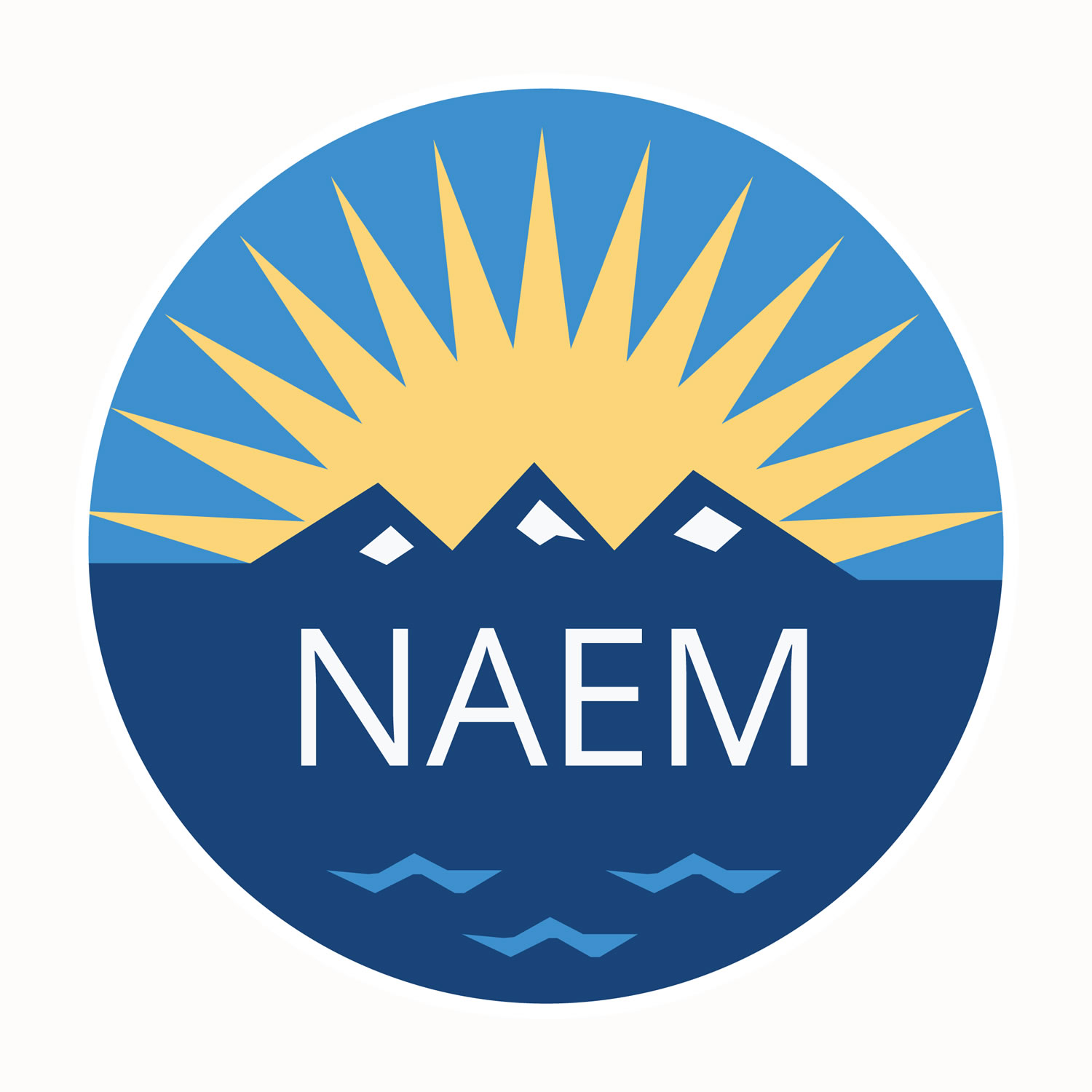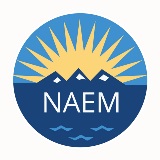Behind Intel Corp's Conflict-free Commitment

Q: How did you first become aware of this issue?
A: Our Chief Executive Officer (CEO) at the time received a letter was from a group of socially responsible (SRI) investors and nongovernmental organizations (NGOs), led by the Enough Project, which sent the letter to multiple high tech companies. Since the content of the letter (war and conflict in the Democratic Republic of the Congo) was so unusual it wasn't immediately obvious whom at Intel should respond; however, it eventually ended up on my desk in the Office of Corporate Responsibility.
Q: How did you feel when you read the letter?A: I engage on a lot of different issues. Everything from Canadian oil sands to global climate change to human rights and ethics. However, this issue seemed to be on another level of challenges.
You can imagine the scene: I was sitting in my little cubical, employees are speaking on their phones, some people are talking about where they're going to lunch, and people are prepping for other business meetings. And I was sitting there, reading this letter about five million people who had died as a result of the conflict and the amount of unprecedented sexual violence towards women. It seemed so out of context; it was just kind of surreal. And I think that's the thing that kind of hit me. I'm sitting here, trying to address this as a representative of my company, this situation that was so much more onerous and horrific than anything I has worked on in the past.
Q: How did you decide this was a relevant issue for Intel?
A: Because we have so many issues that come into us from all across the globe, we try to apply a materiality matrix to these kinds of requests. The matrix is published in our annual CSR report.With the conflict minerals, the issue came in, I talked to the supply chain people and asked, 'Do we even use the metals they're talking about here?' I found out that we do use these metals and I started researching more on this issue and doing my due diligence. What does the United Nations say? As I looked into it, I discovered there was significant research to support the statements in the original NGO letter. I looked into the Enough Project and their leader John Prendergast who was also very credible on this issue. And then you look at the scope of the issue. We use the metals, this is a legitimate group, and this issue seems to be legitimate – so we felt getting involved was, “the right thing to do”.
Q: Once you established that the issue was material to the company, how did you elevate the issue within your organization?
A: Normally you would engage back and forth in an email discussion or a phone call with the NGO. That would be a normal course of action. But I just thought the gravity of this issue and it's just not like, 'Dear Sir, We received your letter regarding...' How can you even think about responding that way? I just said, 'Let's go meet with them.'
Now, they're based in Washington, DC; we're based on the West Coast. It's a flight: It's a day in, day out. It's a pretty big commitment for one letter. But we had an internal meeting and I said, 'Hey, it's a significant issue. It's a legitimate group. We use the metals. I really think we ought to go meet with them and listen to what they have to say.I think this is something really serious.'
Everyone agreed, and Brian Krzanich, the Chief Operating Officer at the time (now our CEO) was supportive that he personally wanted to attend our first meeting. I suggested: 'This is our first meeting, and let's get some more information before we bring the number two guy in the company.' I admit, I was a little surprised by his personal interest in this issue. Eventually our Vice President of supply chain and I flew to Washington where we met for several hours with the Enough Project. Although they had sent the same letter to a number of companies, we were the first to go actually sit down with them face-to-face.
Q: Although this issue passed Intel's internal rubric for materiality, it was ultimately the personal passion of your Chief Operating Officer that helped spur the program forward. How do you explain that?
A: When we became aware of this issue - I said, 'Hey, we need to meet with them.' Everyone else could have said, 'No, Gary, we're not flying out, we don't have the time.' It could have gotten shot down right there, and then it would have been me, myself going to meet with them, which would have been perfectly acceptable.
[But] I think for Brian it was a personal issue. Brain has spent his entire career at Intel, and Intel and the electronics industry were being accused of playing a part of this really horrific issue. Brian thought the right thing to do was to be part of the solution - not part of the problem. He wanted us to do our part to try and make a difference in the areas that we have some control and influence.
Q: So it sounds like this was as much a story about employee engagement as corporate ethics. Do you think the company's leadership on this issue has helped shape the internal culture?
A: The one thing about this issue is that the employees have overwhelmingly responded - we've had internal articles written about our efforts and employees can comment on-line. The responses from employee has been overwhelmingly positive: 'This is so cool. I'm so proud to work here. This is why I come to work every day'; 'I'm proud to be associated with a company that does these kinds of things.'
Topics:
Sustainability
Related
About the Author

NAEM Staff
The National Association for Environmental, Health and Safety, and Sustainability (EHS&S) Management (NAEM) empowers corporate leaders to advance environmental stewardship, create safe and healthy workplaces and promote global sustainability. As the
leading business community for EHS&S decision-makers, we provide engaging forums, a curated network, peer benchmarking, research insights and tools for solving today’s corporate EHS&S management challenges. Visit us online at naem.org.

